
Switzerland’s highest campsite closes due to mudslide risks
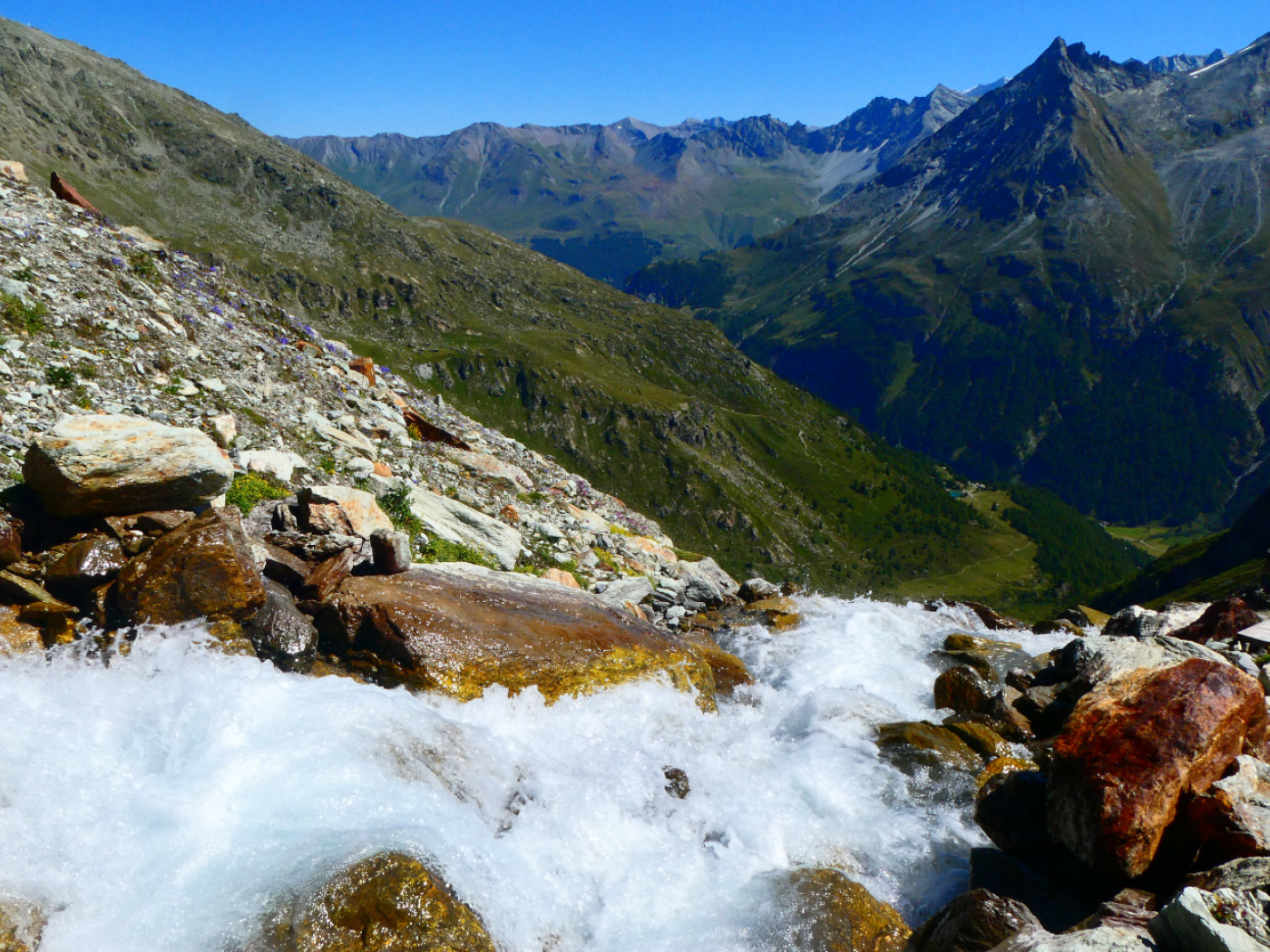
Valais authorities have ordered the closure of Switzerland's highest campsite in Arolla due to the risks of mudslides. The decision was made at the beginning of July following an appeal by the campsite owners.
+Get the most important news from Switzerland in your inbox
The mayor of Evolène, Virginie Gaspoz, confirmed a report by the newspaper Le Nouvelliste to the Keystone-SDA news agency on Saturday.
After storms in 2024, which led to flooding of the River Borgne and weakened the river banks, it was known that the hazard map would be updated, she said.
“We had hoped that we would be able to operate the campsite this year, as we knew that the current zoning plan would be revised,” she continued. But the canton decided otherwise.
According to the cantonal building commission, the danger situation at the campsite in Arolla, located at the foot of the mountains and on the banks of the Borgne, has worsened. The safety of visitors is no longer guaranteed.
The commission therefore ordered the immediate closure of the campsite on June 12. The campsite owners lodged an appeal, but canton Valais rejected it and confirmed the planned closure on July 13.

More
Why do Swiss mountains collapse? It’s complicated
Camping at almost 2,000 metres
The Arolla campsite is located at an altitude of 1,950 metres and registers around 12,000 overnight stays per year in a region known for its mountain activities. A campsite manager cited in the Valais newspaper called the decision “a slap in the face”.
The municipality is currently working on a relocation, Gaspoz said. “We are currently in talks about an alternative site in order to be able to continue this summer season,” the campsite said on their website.
Canton Valais recently made headlines after a series of natural disasters. In addition to the devastating glacier collapse in Blatten in the Lötschental valley on May 28, debris flows occurred in the Val de Bagnes region in June.

More
The devastating glacier collapse in Blatten: what next?
Translated from German by DeepL/sb
We select the most relevant news for an international audience and use automatic translation tools to translate them into English. A journalist then reviews the translation for clarity and accuracy before publication.
Providing you with automatically translated news gives us the time to write more in-depth articles. The news stories we select have been written and carefully fact-checked by an external editorial team from news agencies such as Bloomberg or Keystone.
If you have any questions about how we work, write to us at english@swissinfo.ch

In compliance with the JTI standards
More: SWI swissinfo.ch certified by the Journalism Trust Initiative


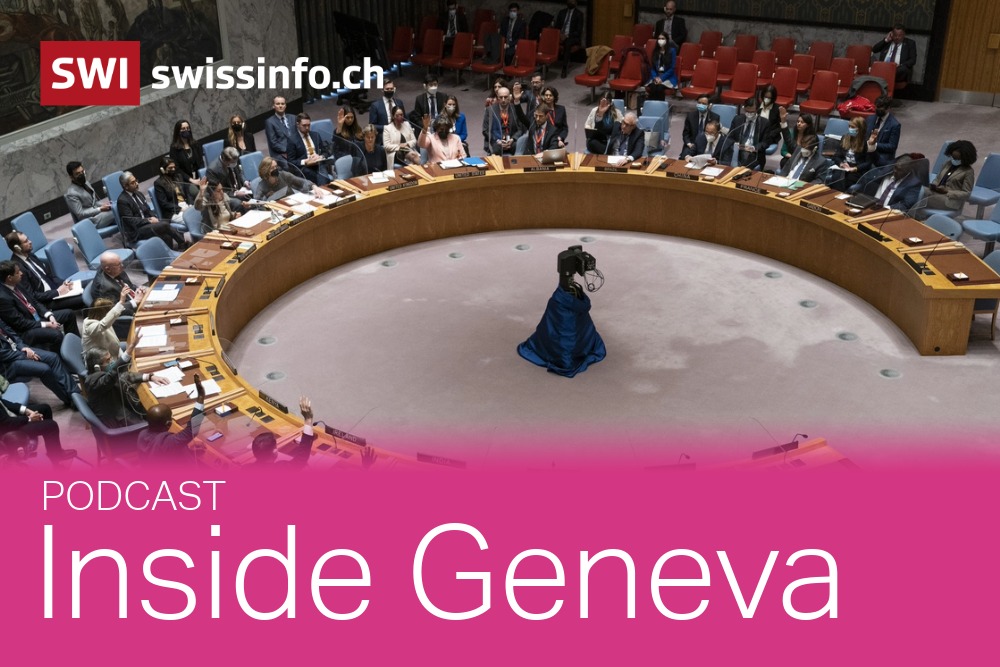















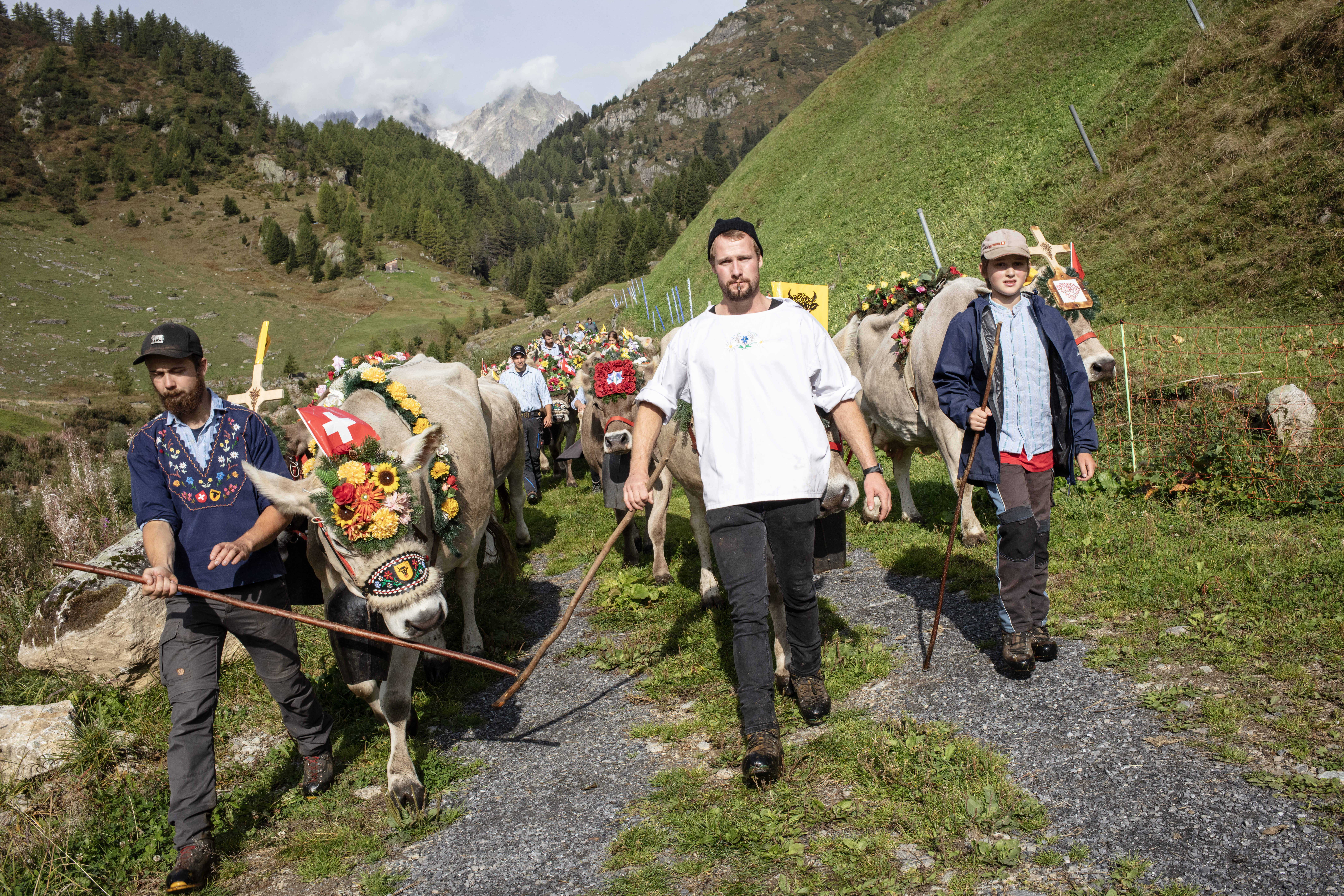








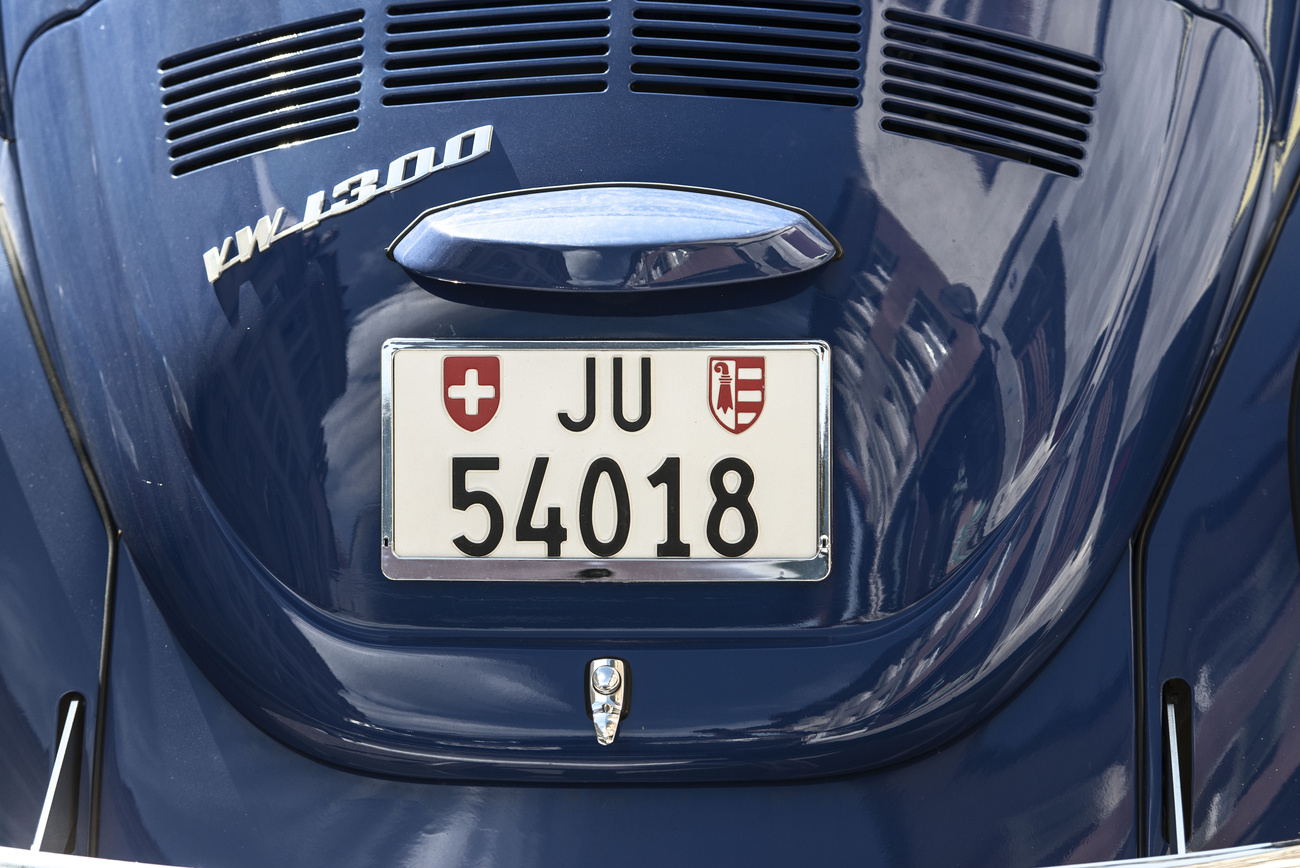
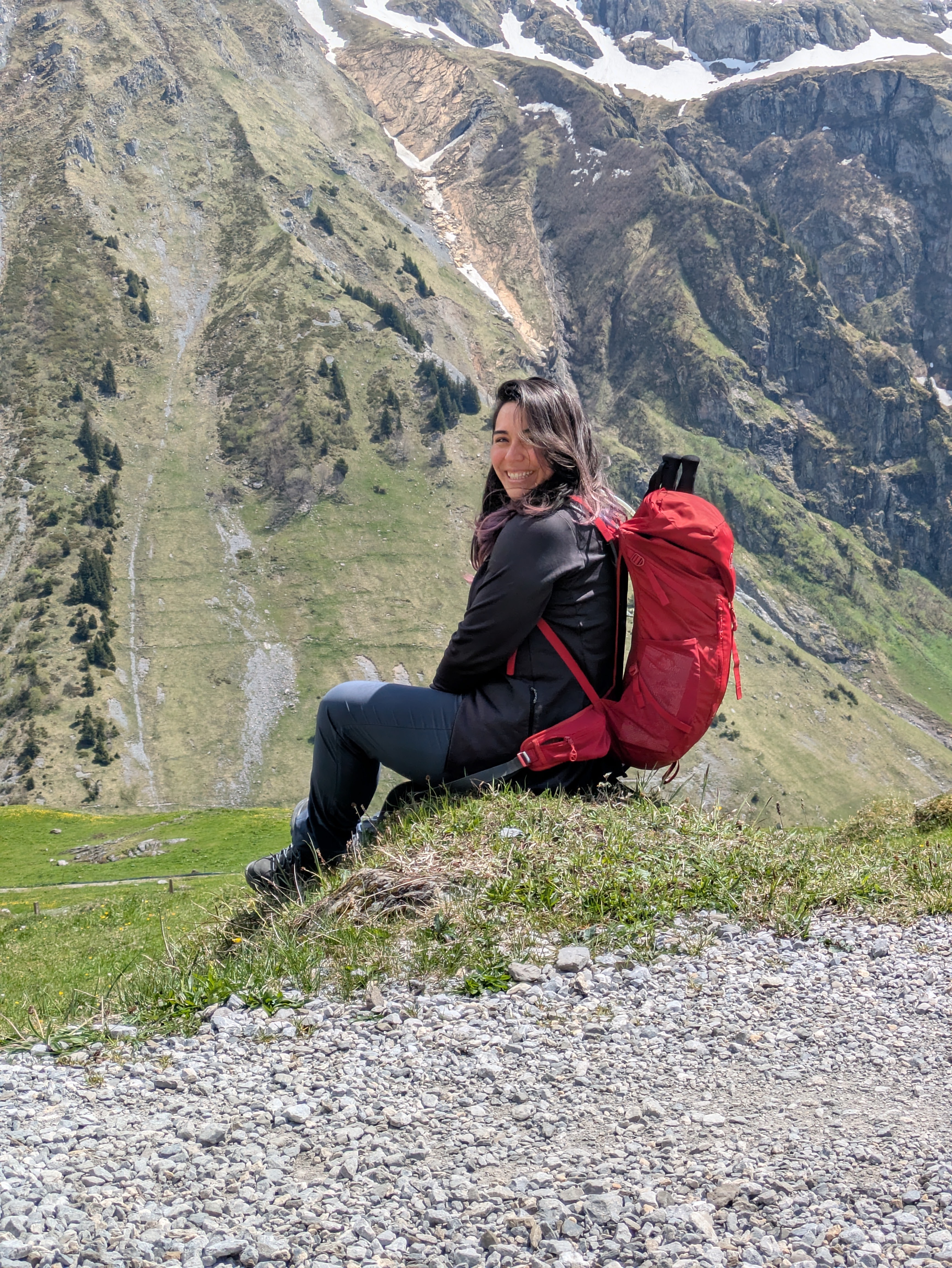

You can find an overview of ongoing debates with our journalists here . Please join us!
If you want to start a conversation about a topic raised in this article or want to report factual errors, email us at english@swissinfo.ch.